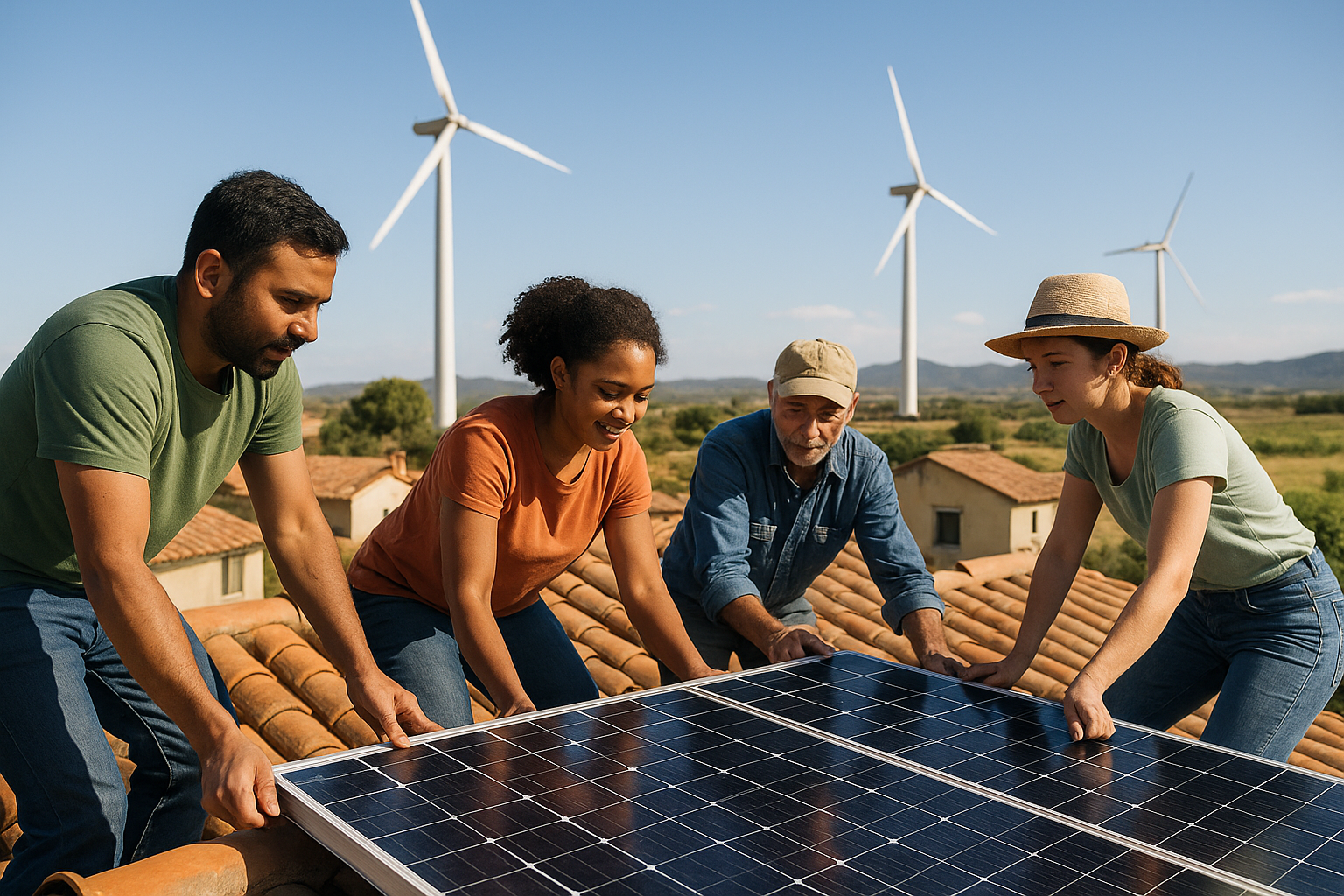UN Expert Urges Urgent Fossil Fuel Phaseout to Uphold Global Human Rights
Morgera highlighted that the past decade has been the hottest in recorded history, with 2024 marking the year the global average temperature surpassed the critical 1.5°C threshold.

In a powerful address to the UN Human Rights Council today, Elisa Morgera, the UN Special Rapporteur on climate change and human rights, called for an immediate and coordinated global phaseout of fossil fuels, emphasizing that such action is not only a climate necessity but a binding human rights obligation.
“Fossil fuels are not just the main cause of climate change,” Morgera stated, “they lie at the heart of intersecting planetary crises—biodiversity loss, toxic pollution, and global inequality.” She presented her latest report amid growing alarm about the acceleration of environmental degradation and its direct consequences on human rights, especially for vulnerable and marginalized communities.
The Climate Crisis Is a Human Rights Crisis
Morgera highlighted that the past decade has been the hottest in recorded history, with 2024 marking the year the global average temperature surpassed the critical 1.5°C threshold. This milestone signals not only ecological danger but intensified threats to human rights, including the rights to life, health, food, water, housing, and self-determination.
She warned that without rapid intervention, millions—particularly in the Global South—will face worsening climate-related harms, from heatwaves and floods to food insecurity and forced displacement.
“Humanity can still change course,” she said, “but only if States prioritize science-based actions that uphold the rights of both current and future generations.”
Defossilisation: The Most Impactful Health and Rights Strategy
Calling for “defossilisation of entire economies”, Morgera explained that phasing out fossil fuels goes beyond transitioning energy systems—it requires transforming financial systems, ending fossil fuel subsidies, and cutting ties between governments and carbon-intensive industries.
The shift, she argued, would represent “the single most impactful contribution to human health” and an opportunity to reverse decades of inequality, especially for those countries and communities that suffer disproportionately from climate impacts while having contributed the least to the crisis.
Despite clear commitments in the Paris Agreement, the Glasgow Climate Pact, and the emerging UN Pact for the Future, fossil fuel use and extraction are still increasing. This includes continued public and private financing, legal protections for fossil fuel investments, and weak enforcement of corporate accountability.
A Legacy of Corporate Deception and Rights Violations
The report also sheds light on the long history of disinformation and suppression by the fossil fuel industry, which has known for decades about the catastrophic consequences of climate change. Morgera cited documented cases of corporate capture, legal intimidation of scientists and activists, and obstruction of climate policy as further layers of systemic human rights violations.
“For over sixty years, these practices have obstructed the international community’s ability to protect people from the harms of climate change,” Morgera noted. “These are not just environmental crimes—they are profound injustices with multi-generational impacts.”
State Responsibility and the Duty to Cooperate
Morgera made a strong case for legal and moral accountability, particularly for countries and corporations that have historically contributed the most to climate damage. She emphasized that States must regulate corporate conduct, ensure remedies for affected communities, and support international cooperation on critical global agendas—including climate negotiations, business and human rights frameworks, plastic pollution treaties, and tax justice reforms.
Countries, she said, cannot continue to shield fossil fuel industries under international investment agreements or offer them tax advantages, especially while global inequality and energy poverty persist.
A Just and Inclusive Transition
The report concludes with a call for a just transition that centers human rights, social equity, and environmental integrity. This includes:
-
Phasing out fossil fuels and subsidies
-
Investing in renewable energy accessible to all
-
Protecting climate defenders and frontline communities
-
Implementing climate justice frameworks that prioritize reparations and adaptation for least-contributing but most-affected nations
“States have a duty to cooperate internationally to phase out fossil fuels in line with their human rights obligations,” Morgera said. “The time for action is not tomorrow—it is now.”
A Global Wake-Up Call
As climate impacts intensify and global inequality grows, this landmark intervention by the UN Special Rapporteur positions climate action as a legal imperative, not a political choice. It reframes fossil fuel phaseout as a necessary step to honor the dignity, safety, and future of all people—especially those left furthest behind.
Morgera’s message is clear: defossilisation is not just about saving the planet—it’s about saving lives and rights.
ALSO READ
Empowering Energy Transition: LRQA's Role at Energy Asia 2025
Private Capital: A Catalyst for Sustainable Development
IDB and EIB Forge New Deal to Boost Sustainable Development in LAC
Bishops Demand Climate Justice Amid Rising Temperatures
CEA and IIT Roorkee Join Forces to Advance India’s Energy Transition Goals










